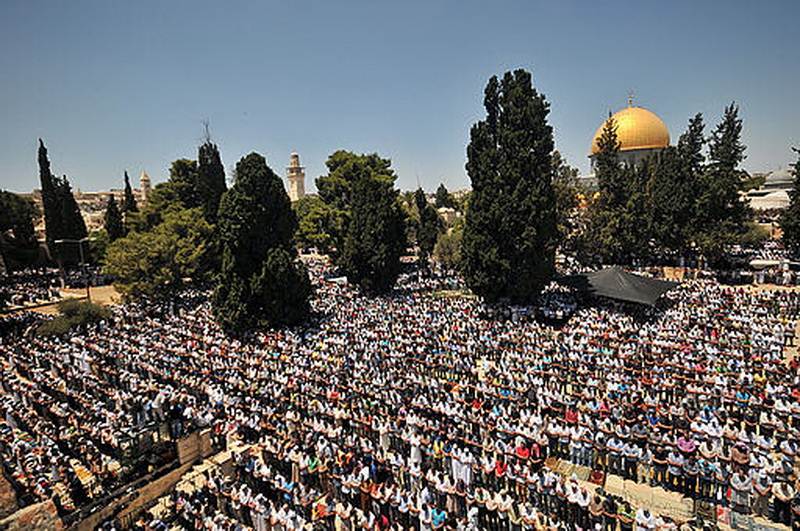Al-Jazeerah
ccun
 |
 |
 |
| Al-Haram Mosque in Makkah | The Prophet's Mosque in Madinah . | Al-Aqsa Mosque Compound in Jerusalem |
Islam:
A Scientific View of God's Message to Humanity
Al-Jazeerah ccun |
|
|||||||
|
Islam:
A Scientific View of God's Message to Humanity
|